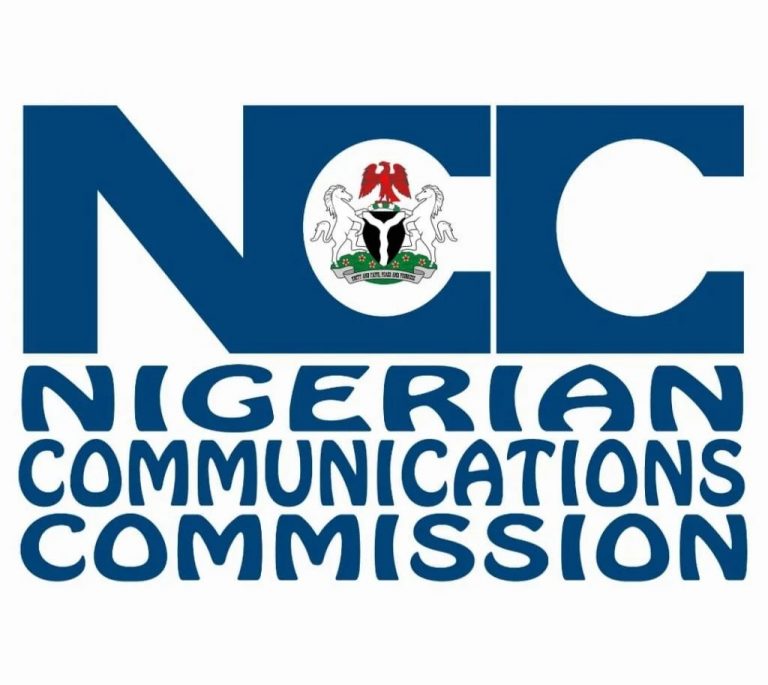
Keep up with the latest news and be part of our weekly giveaways and airtime sharing; follow our WhatsApp channel for more updates. Click to Follow us
On Tuesday, the Federal Government launched the National Broadband Alliance for Nigeria (NBAN) to speed up broadband expansion and promote socio-economic development throughout the country.
The event, held in Lagos, featured Dr. Bosun Tijani, the Minister of Communications, Innovation, and Digital Economy, who highlighted broadband’s essential role in shaping Nigeria’s digital economy.
The NBAN serves as a platform that brings together various stakeholders, including the government, businesses, and partners, to improve internet access, boost usage, and promote digital inclusion across Nigeria.
Its main objective is to position broadband as a catalyst for economic and social progress, with a goal of achieving 70% broadband coverage by 2025. This includes reaching minimum speeds of 25 Mbps in urban areas and 10 Mbps in rural regions, ensuring 80% population coverage by 2027, and increasing broadband investments by 300-500%.
To meet these goals, the Federal Executive Council (FEC) approved the creation of a Special Purpose Vehicle (SPV) to roll out 90,000 km of fibre backbone across the nation. This initiative aims to close connectivity gaps, foster digital inclusion, and unlock economic potential through strategic collaborations between the public and private sectors.
Speaking, the Minister, represented at the event by the Executive Vice-Chairman of the Nigerian Communications Commission, NCC, Dr Aminu Maida, explained that “the NBAN initiative aims to bridge connectivity gaps, drive digital inclusion, and unlock economic opportunities through strategic partnerships across public and private sectors.”
He said: “Nigeria has witnessed significant progress in broadband expansion, increasing penetration from 6 penetration in 2015 to approximately 42 penetration as of October 2024.
“However, challenges such as infrastructure gaps, underutilization of fibre networks, affordability, and digital literacy continue to limit full adoption.
“The NBAN is designed to address these issues by aggregating demand across key sectors including education, healthcare, financial services, governance, and e-commerce to make broadband more accessible and affordable.”
“Broadband is not just about connectivity; it is a driver of productivity, innovation, and economic diversification.
“Through the NBAN, we will harness the power of digital infrastructure to enhance education, healthcare, financial inclusion, and governance,” the Minister stated.
Stating the key objectives of NBAN, Dr. Tijani explained that the initiative “aligns with Nigeria’s National Broadband Plan, 2020–2025, and the Ministry’s digital economy strategy, targets: 70 percent broadband penetration by 2025.
“Minimum speeds of 25 Mbps in urban areas and 10 Mbps in rural areas, 80 percent population coverage by 2027 and a 300–500 percent increase in broadband investments.
“To achieve these targets, the Federal Executive Council, FEC, has approved a Special Purpose Vehicle, SPV, to deploy 90,000 km of fibre backbone nationwide, ensuring that even the most underserved communities benefit from broadband services.”
Please don’t forget to “allow the notification” so you will be the first to get our gist when we publish it.
Drop your comment in the section below, and don’t forget to share the post.






